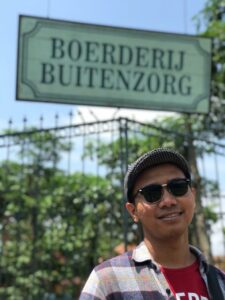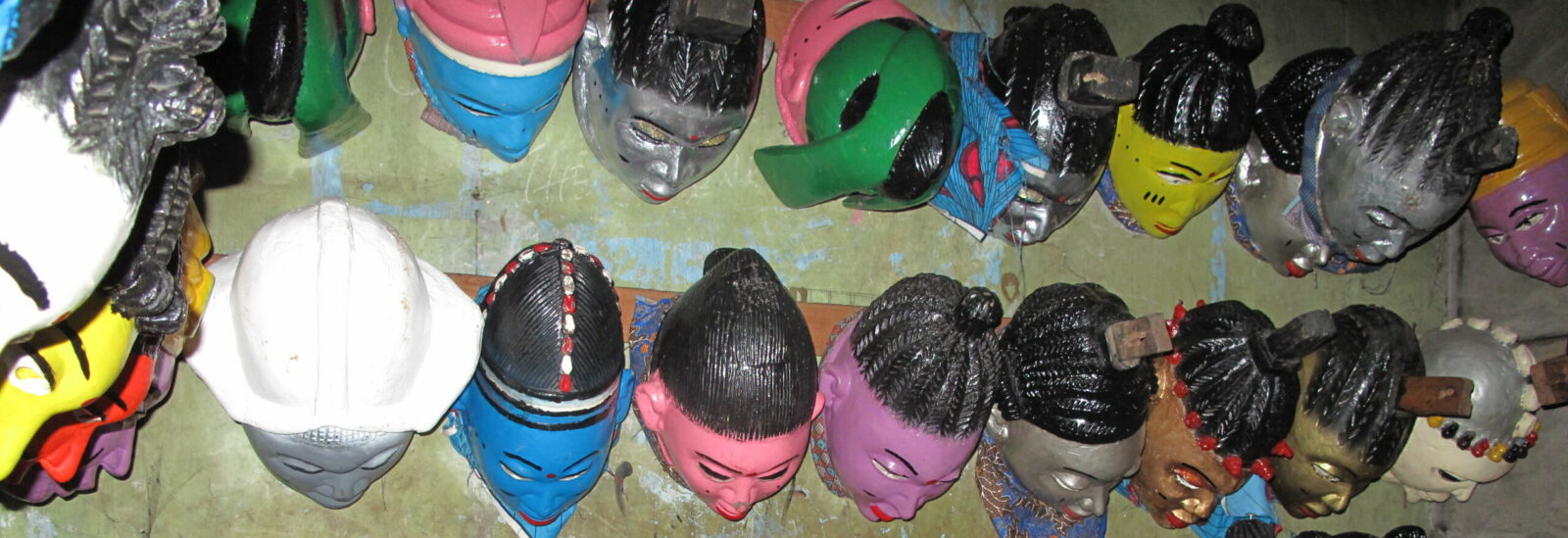Blog
Profile – Zaki Arrobi
 Zaki began his early academic career by joining his alma mater, Gadjah Mada University, Yogyakarta, Indonesia, as a lecturer and researcher in 2018. He researched and wrote on the dynamic and contestation of Islamic student activism in two prominent universities in Indonesia for his undergraduate thesis. This research was mainly driven by his activism on student organizations during his undergraduate study. The result of the research has been published by Gadjah Mada University Press (2020). From then on, religion and politics have occupied a special place in his future academic career. This is reflected in his master thesis at the Department of Sociology, University of Essex, the UK (2016-17), in which he wrote the role of identity politics in the making of citizenship in post-colonial Indonesia and Malaysia.
Zaki began his early academic career by joining his alma mater, Gadjah Mada University, Yogyakarta, Indonesia, as a lecturer and researcher in 2018. He researched and wrote on the dynamic and contestation of Islamic student activism in two prominent universities in Indonesia for his undergraduate thesis. This research was mainly driven by his activism on student organizations during his undergraduate study. The result of the research has been published by Gadjah Mada University Press (2020). From then on, religion and politics have occupied a special place in his future academic career. This is reflected in his master thesis at the Department of Sociology, University of Essex, the UK (2016-17), in which he wrote the role of identity politics in the making of citizenship in post-colonial Indonesia and Malaysia.
Zaki’s engagement with the issue of security, politics and religion was facilitated by his previous research on the issue of multiculturalism, religious authority, and violence conducted in various Indonesian cities, such as Yogyakarta, Surakarta, Aceh, Ternate and Poso. Along with his colleagues in Gadjah Mada University, Zaki investigated the role of non-state security groups —manifested in local organizations such as Islamic lascars, youths and militias— in security provision, development activity and citizenship claim-making.
A twist of fate led Zaki to join the SACRASEC project in 2020, which has been a perfect environment for nurturing his academic skill and potential. For the SACRASEC project, Zaki is currently working with several concepts such as sovereignty, security entanglements, religious subjectivity, urban politics and aspiration. Zaki’s project will be focused on the role of religious authorities, discourses, practices, and materialities in legitimizing and sanctioning the presence of Islamic security groups in the megacity of Jakarta. Zaki is also interested in the visual culture —especially the production, deployment and social meaning of banners— within various non-state security groups in Indonesia.
His (academic) obsession with the SACRASEC project is to produce a fine-tuned ethnographic work that better understands the persistent presence of Islamic security groups in Jakarta beyond the dominant narratives of growing religious conservatism and instrumentalization of religion.

